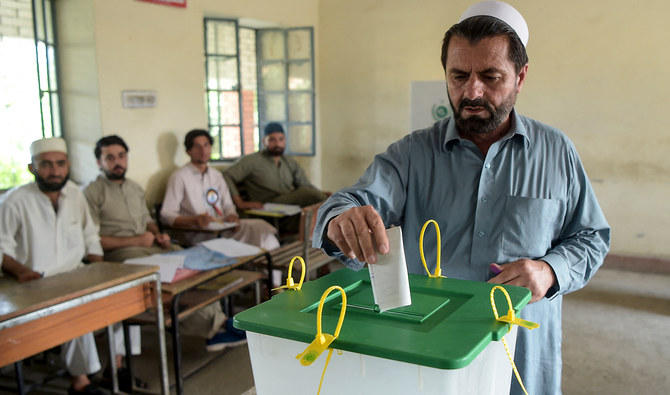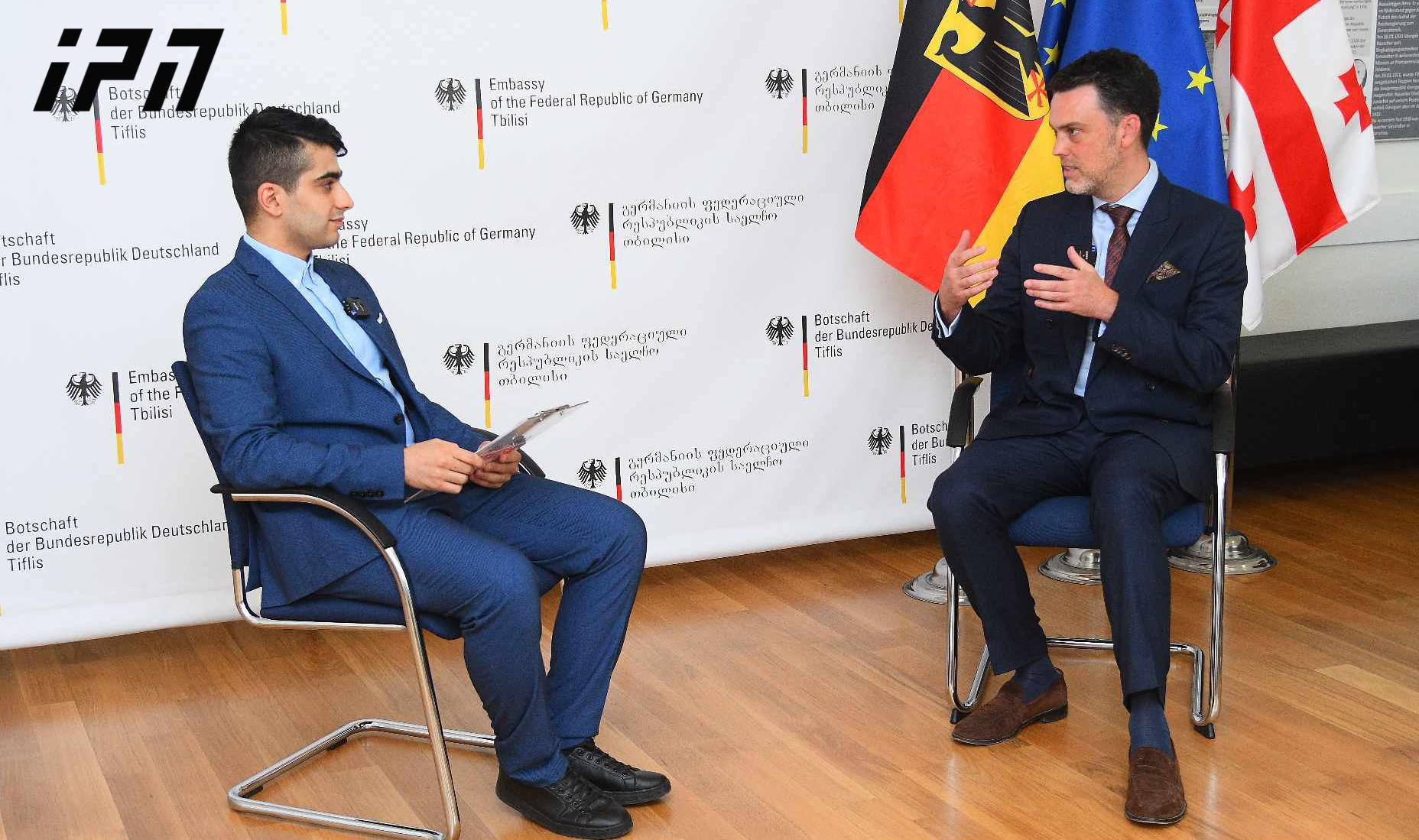Levan Gurgenidze - Progressing Towards Transparent and Fair Elections in Pakistan: Mapping the Course for Democratic Advancement

The upcoming elections in Pakistan transcend mere political significance; they represent a beacon of hope and advancement towards democracy in a nation with a complex history. Despite past obstacles, there is a tangible sense of optimism and dedication to ensuring that these elections signify a significant stride towards a democratic process that is free, fair, and transparent.
The United States has emerged as a pivotal supporter of democratic processes in Pakistan, playing a crucial role in highlighting the importance of the impending elections. This international backing, coupled with active participation from Pakistani civil society and media, has cultivated an environment conducive to fair elections. The collaborative efforts, both domestically and internationally, underscore the global commitment to bolstering democratic ideals.
A notable indicator of progress leading up to the elections is the heightened awareness and engagement of the Pakistani electorate. Citizens are demonstrating unprecedented levels of involvement, underscoring a deep dedication to their democratic rights and duties. This surge in civic awareness reflects the nation's resilience and its intrinsic desire for a strong and inclusive democratic system.
The presence of international observers and the implementation of rigorous electoral procedures are pivotal in fostering a positive outlook for the upcoming elections. These measures significantly contribute to enhancing the credibility and integrity of the electoral process, ensuring that the will of the people is accurately reflected in the final results. The commitment to transparency and fairness is evident in measures taken to create an equitable playing field for all participants.
According to Giorgi Kalandarishvili, Chairman of Georgia’s Central Election Commission, the Election Commission of Pakistan (ECP) has initiated various programs to ensure that the elections adhere to international standards. These initiatives include establishing a Geographic Information System polling scheme, training hundreds of thousands of election officials, advocating for the use of technology for virtual legislative sessions, and promoting gender equality in voter registration, especially among young women.
The ECP is also addressing pre-election complaints, demonstrating its dedication to a fair electoral process by reviewing concerns such as candidate disqualifications and campaign restrictions before election day. Additionally, the ECP engages with stakeholders, fostering dialogue with political parties and civil society organizations to uphold principles of openness and fairness. Since 2018, Pakistan has implemented changes such as spending limits and stricter laws on candidate disqualification, showcasing a concerted effort to enhance electoral transparency. Additional initiatives, including media monitoring, voter education programs, and judicial reforms, underscore Pakistan's commitment to ensuring free and fair elections.
The forthcoming Pakistani elections present an opportunity for a significant democratic advancement. Recognizing historical challenges, the combined efforts of the government, civil society, the international community, and, most importantly, the Pakistani people are paving the way for a brighter, more democratic future. Beyond the act of electing leaders, this election symbolizes Pakistan's unwavering dedication to democracy and its determination to overcome obstacles on its democratic journey.
As the nation prepares to cast its votes, the collective efforts of various stakeholders paint a hopeful picture of a democratic Pakistan. The commitment to free and fair elections is not merely a political aspiration but a reflection of the people's desire for a governance system that genuinely represents their diverse voices. The journey towards a more democratic future in Pakistan is underway, guided by the principles of transparency, inclusivity, and shared determination to overcome challenges and build a resilient democracy.
Levan Gurgenidze, Associate Professor at British University in Georgia
(Ad)

